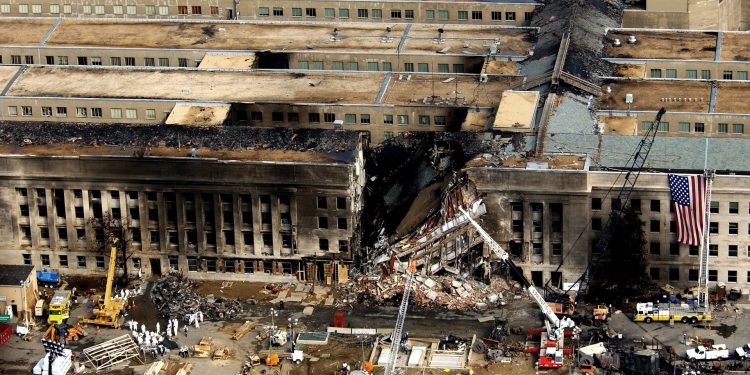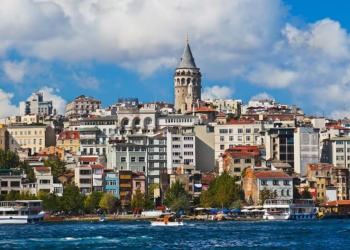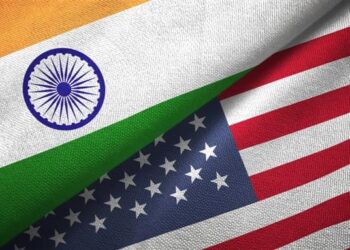Afghan-led Open Letter urging Australian media to “do better” on the 20th anniversary of 11 September.
Leading Afghan journalists, academics, and community leaders have signed an open letter urging the Australian media to critically analyse the conflict in Afghanistan and centre Afghan voices in its coverage.
Quoting the Australian Press Council, the letter says, “journalistic practice must comply with principles of accuracy, clarity, fairness and balance. Unfortunately, regarding the reporting on the current conflict in Afghanistan, the Australian media have by and large failed on most of these counts.”
Signed by journalists Tahmina Ansari, Sowaibah Hanifie and Shamsiya Hussainpoor, the letter, amongst other things, implores the media to lead with and centre the analysis of “Afghan journalists, academics and community leaders and move away from exclusively Western perspectives to those that are informed by lived experience.”

With over 140 signatories, including Afghan lawyer Mariam Veiszadeh, lawyer Nyadol Nyuon and former Socceroo Craig Foster, the letter calls on the media to change its reporting to include the political and historical context of the intervention both from US-led coalition forces and neighbouring states, remembering that ultimately it is Afghans who have paid the highest price.
The Open Letter also further outlines best practices in urging Australian media to avoid gruesome, uncensored images of death, legitimising Western intervention by portraying Muslims as inherently violent, and counting only deaths of Australian, American and British troops while ignoring Afghan lives lost in the war.
It concludes by warning that the “cumulative impact of this limited and de-contextualised coverage of the intervention in Afghanistan is that it fundamentally misrepresents and dehumanises the Afghan people. In effect, it serves to perpetuate and reinforce racist, xenophobic and Islamophobic stereotypes of Afghans, and is not only myopic but reductive.”
Diana Sayed, CEO of the Australian Muslim Women’s Centre for Human Rights, said, “On the 20th anniversary of the tragic events of 11 September, we must update our thinking and do better in how we report on the very real lived experience and ongoing trauma of the Afghan people and how Muslims by and large continue to be dehumanised; in our current context.”
The letter and its signatories are here.










